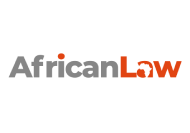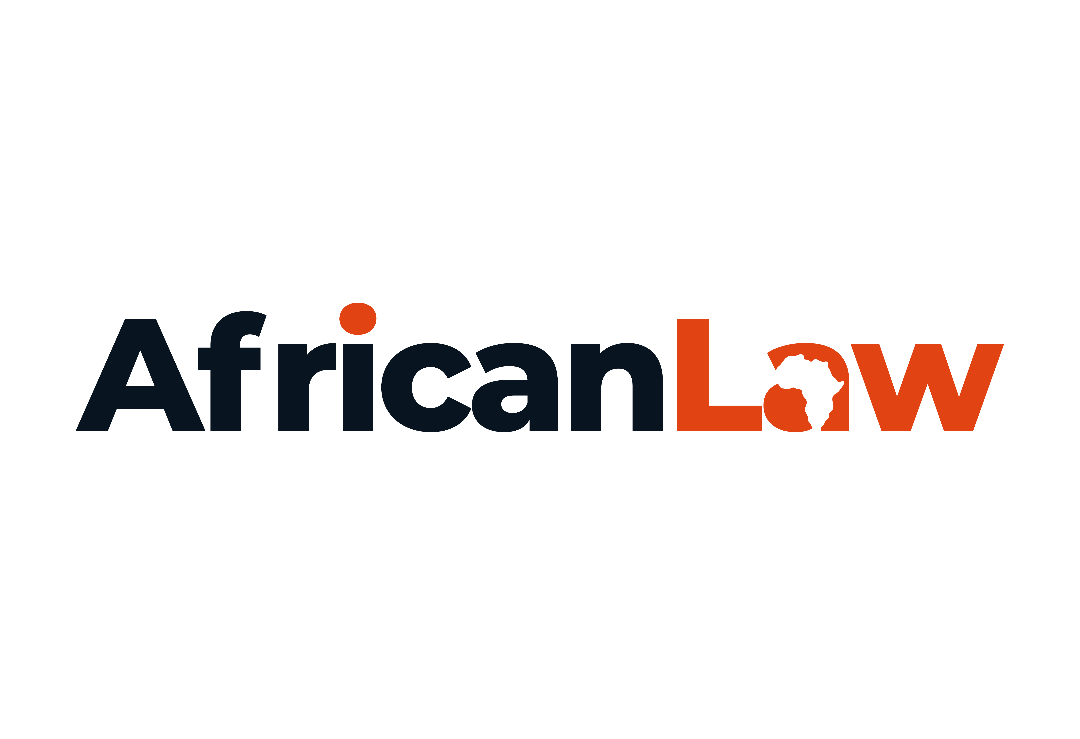As innovation and digital connectivity expand across Africa, the need for strong regulatory frameworks has never been more urgent. Nigeria, Africa’s largest economy by population and GDP, is emerging as a key player in defining the continent’s approach to data governance. With over 120 million internet users, more than half of its population, Nigeria’s digital footprint is significant, and so is the legal framework guiding its evolution.
At AfricanLaw, we understand the critical intersection between regulation, innovation, and investment. Our in-depth research into Nigeria’s data protection landscape reveals a country making significant progress, while also highlighting areas where policy refinement is needed to meet future demands. As innovation and digital connectivity expand across Africa, the need for strong regulatory frameworks has never been more urgent. The purpose of such legislation is two-fold, firstly, for the protection of both foreign and local investors who seek to conduct their business operations in countries that have stringent laws that will protect their investments. Secondly, legislation on innovation, technology and internet use also safeguard consumers who are the primary users of services delivered through the internet or products of innovation and technology.
The importance of innovation, technology and access to the internet in facilitating economic development (especially in Africa) has been underscored by the World Bank. According to the Bank, the increased use of high speed internet in the African continent has the potential of supporting innovation, by enabling the uptake of information and communication technologies that has the potential of offering a competitive advantage to firms in terms of reduced cost, improved quality or expanded product range.
Key Developments in Nigeria’s Data Protection Landscape
Nigeria’s Data Protection Act (DPA), signed into law in June 2023, is a pivotal step toward modernizing its digital economy. It sets out to safeguard the processing of personal information for Nigerian residents and extends its reach to foreign entities processing such data.
The Act applies in the following cases:
- Where a data controller or processor is domiciled in Nigeria.
- Where data is processed within Nigerian borders.
- Or where a foreign data controller processes the personal data of Nigerian residents.
The legislation introduces core principles around data collection, consent and data minimization which are crucial for building trust in digital ecosystems. It also establishes the Nigeria Data Protection Commission (NDPC) and a Governing Council to oversee enforcement and provide strategic direction.
Gaps and Future Considerations
While the DPA marks a strong start and caters for the basic rules on the collection of personal data, Nigeria's legal landscape still lacks specific legislation on emerging technologies such as artificial intelligence (AI), robotics and machine learning. Although the National Information Technology Development Agency (NITDA) announced plans in 2022 to create a national AI policy, its current status remains unclear. In the meantime, broader legislation like the Cybercrimes Act (2015), the Federal Competition and Consumer Protection Act (2018), and the Nigeria Communications Commission Act (2003) implicitly govern aspects of technology and innovation. However, without a cohesive legal framework for digital transformation, these gaps may hinder Nigeria’s ability to manage complex technologies effectively.
Actionable Insights for Investors and Businesses
- Compliance is critical - Businesses operating in Nigeria or handling data of Nigerian citizens must review and align with the DPA.
- Local presence matters - Data controllers not physically based in Nigeria can still fall under the Act - seek expert legal advice from the AfricanLaw team.
- Regulatory monitoring is key - Emerging technology laws are likely to evolve. Stay updated to ensure ongoing compliance.
Partner with Experts Who Understand the Terrain
At AfricanLaw, we don’t just observe trends, we help you navigate them. Whether you're a startup entering Nigeria’s tech market or an established firm adapting to the latest compliance requirements, our legal experts are here to help you stay ahead.
Explore our platform to connect with trusted legal professionals in Nigeria and across the continent. Let us help you turn compliance into a competitive edge.

















